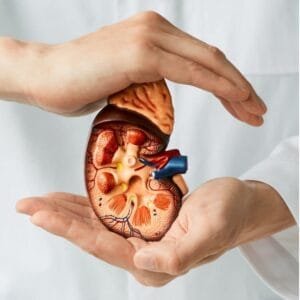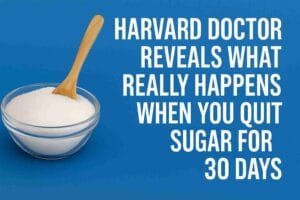Daytime naps once or twice a week may be linked to a healthy heart, researchers say

Some good news for nap fanatics — a new study has found that a daytime nap taken once or twice a week could lower the risk of heart attacks or strokes.
Researchers studied the association between napping frequency and duration and the risk of fatal and non-fatal cardiovascular disease complications.
Tracking 3,462 people between the ages of 35 and 75 for just over five years, the report authors found that those who indulged in occasional napping — once or twice a week, for between five minutes to an hour — were 48% less likely to suffer a heart attack, stroke or heart failure than those who did not nap at all. The observational study, found that no such association emerged for greater frequency or duration of naps.
While some studies have been done on the impact of napping on heart health, many published studies fail to consider napping frequency or duration, the researchers said. “Subjects who nap once or twice per week have a lower risk of incident CVD (cardiovascular disease) events, while no association was found for more frequent napping or napping duration,” the report authors said.
“This means the former pattern of occasional napping is intentional and the latter of more regular napping likely represents sub-clinical illness linked to poorer lifestyle. This would then explain the differential risks.
“Don’t think one can work out from this work whether “intentional” napping on one or two days per week improves heart health so no one should take from this that napping is a way to lessen their heart attack risk”.
“For now, far better to aim for regular good night’s sleep and to follow usual lifestyle advice of good diets and decent activity levels.”






